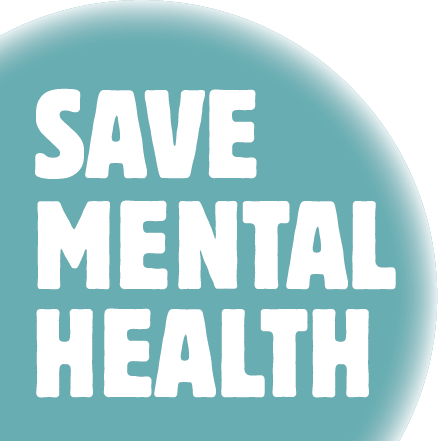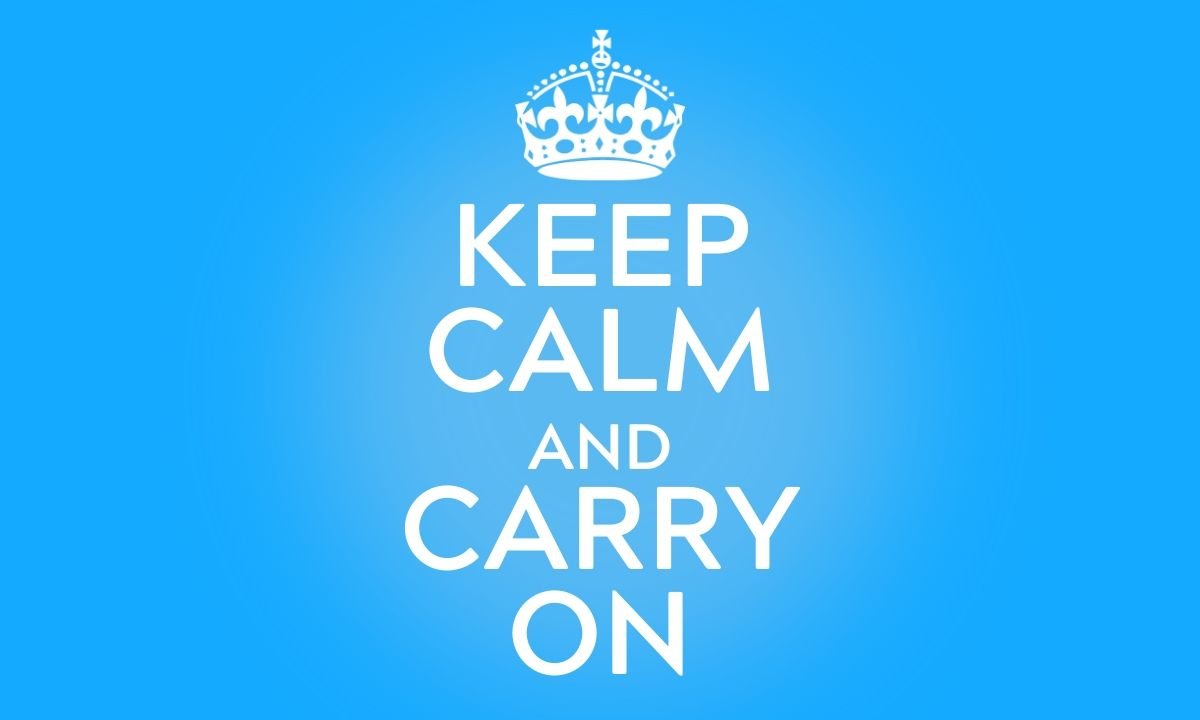Taking Back Control
Dr Carole Sherwood
(First published on Free Speech Backlash, 24 August 2025)
“First say to yourself what you would be;
and then do what you have to do.”
— Epictetus
"People are worried" I was told in a recent conversation with a fellow allotment holder. The main topic of conversation at our local village show in the Cotswolds last weekend was not the size of the marrows but the state of the nation. Politics is not a natural topic of conversation for us villagers. It is an indication that all is not well with the world.
You do not have to look far to find the source of these worries. The Labour Government, in its first year of power, has introduced a series of widely unpopular policies that have had a negative effect on many people across the country. Pensioners struggled to heat their homes last year without the winter fuel allowance; farmers face the prospect of selling their farms rather than passing them on to the next generation because of restrictions on inheritance tax relief; small and medium sized businesses are under pressure because of an increase in employers' national insurance contributions; and parents who made sacrifices to send their children to private school have had to withdraw them, unable to afford the additional costs of VAT on school fees.
At the same time, the Government has failed to address problems inherited from their Conservative predecessors such as immigration. This is leading to unrest, with people protesting about the housing of migrants in local hotels. Free speech is also under attack, with those who express legitimate views that are not aligned with the worldview of the Government and its supporters, labelled as 'far right' or 'racist'. People are witnessing differential treatment of protestors, according to their political allegiance. They fear that their concerns are not being listened to and that the Government is becoming more authoritarian in order to stifle dissent. It is not surprising, then, that many of us are feeling increasingly powerless and frustrated.
As a clinical psychologist, I both observe these things happening to others and also experience them myself. When I was asked to write about how people are coping with Government policies from a psychological perspective, I leapt at the chance. Here are my thoughts and suggestions which I hope might be useful:
These are uncertain times and uncertainty fuels fear and a sense of threat. When human beings detect threat, our hard-wired survival mechanism is activated. This is often referred to by psychologists as 'fight, flight, freeze, fawn'. In other words, we respond to threat in one of four ways: by fighting back; running away; not moving in the hope we will not be noticed; or appeasing the predator that is threatening us. In a life-threatening situation this makes complete sense but in daily life, when we are not in immediate or grave danger, it is not a helpful strategy. When our threat alarm keeps going off on a regular basis like a faulty car alarm, it can lead to a cycle of anxiety, anger, worry, insomnia and exhaustion.
How can we deal with this? One of the ways is to recognise that uncertainty is normal. As humans we would prefer the world to be predictable but it is not. Each day we have to fool ourselves that it is predictable so that we get up in the morning and go out into the world. The alternative is to stay at home permanently and do nothing. This is not a good strategy. It leads to isolation and will likely result in a sense of hopelessness and ultimately depression.
A better strategy is to take back control. Sound familiar? While you cannot control Government policy (apart from voting the Government out) you can control your response to it. There are different ways you can do this, from practical measures to psychological techniques. No matter how small, try doing something – even buying yourself a 'KEEP CALM AND CARRY ON’ mug as a reminder, every time you make a hot drink, to keep going and not give up.
The first point to note here is that you are not alone. The vast majority of people are worried about the state of the nation and issues such as mass immigration. The problem is knowing who you can trust to talk to, as expressing one's honest views can be a risky business these days, even amongst family and friends. If you have no-one you can trust to talk to openly, try joining a group of like-minded individuals. The New Culture Forum has NCF Locals branches all over the UK. They hold social events and other activities, often with guest speakers. Some have WhatsApp groups so members can keep in touch.
There is an annual weekend festival in London called 'The Battle of Ideas' where “free speech is allowed” and you can meet others who share similar views. This year it will be held on 18th and 19th October.
There are also things you can do to protect yourself against infringements of free speech. If you are concerned about losing your job or livelihood for expressing the 'wrong' opinions, join the Free Speech Union. If you get into trouble, they can provide legal assistance and advice.
Peaceful protests are on the increase. Joining one may give you a sense of purpose while providing the opportunity to meet others. Have a look at this interview about 'people power' on the Daily T with Lindsey Thompson, one of the Epping 'Pink Ladies'. Lindsey protested about the migrant hotel in her area, with some success. She rejects the label of 'racist' that has been levelled at her and other protestors and calls it "bullying". Her advice to others is to "raise our voices up and join up" in order to be heard. If you want to know more about those 'liberal bullies' and how they think, why not read Luke Conway's excellent book of the same name, available on Amazon here.
As well as practical measures, there are also psychological methods that you might find useful. Go to the website Get Self Help where there are several Cognitive Behaviour Therapy (CBT) resources. These include handouts that can be downloaded in PDF form to help you cope with problems such as worry, anger, anxiety or depression. You might like to try Mindfulness Meditation. I know there are a lot of sceptics out there, but there is evidence that it works for some. It trains you to manage your attention so that you can cope more effectively with both physical and emotional pain. Here is a link to a website with free recorded meditations and information on the subject.
If you feel constantly agitated and wound up after watching the news or trawling through social media, then give these a break for a few days and see what happens. If you notice that you feel calmer, then limit the amount of news you consume and time spent on social media. Read a book instead (pre-woke of course), do some gardening, go for a walk or take some other form of exercise.
Men with practical skills who enjoy repairing or making things, might consider joining their local Men in Sheds Association. This project encourages men to come together and do something that gives them a sense of purpose, while at the same time reducing isolation. The Centre for Male Psychology also focuses on men's specific needs and offers courses, free resources and support.
Humour is a good antidote to worry. There is nothing more uplifting than having a really good laugh. Sadly, humour has taken quite a battering under free speech legislation but it is certainly worth seeking out. Mike Graham's Plank of the Week on TalkTV regularly pokes fun at politicians and cuts them down to size. You can find past TV comedy series on ITVX or YouTube. Those who enjoy stand-up might like Comedy Unleashed. They hold gigs, tours and events in different areas of the UK and have a YouTube channel. If you have any other recommendations, please put them in the comments below.
If self-help does not work for you, or you are finding it very difficult to cope with mental health problems, then you should seek help from a mental health professional. You can do this through your GP, if you can get an appointment, or refer yourself to a local talking therapies service. You can find information on how to access NHS mental health services and how to get urgent help here. If you would prefer to see someone privately, and have the means to fund it, try Just Therapy or Critical Therapy Antidote. They both provide access to therapists who work ethically and are not in thrall to social justice activism.
What it is important to resist is viewing oneself as a victim. We are living through an unprecedented period of victimhood culture which affords status to those who identify as oppressed 'victims'. While some may find this gives them power, especially to bully others, it is not a recipe for psychological health. A better way is to follow the example of Stoics such as Epictetus, quoted above. If you want to find out more about stoicism and developing resilience, there is information on the Daily Stoic. Cognitive Behaviour therapist Donald J Robertson has also written a series of books about stoicism that are available on Amazon.
Finally, and most importantly, never lose hope. My parents' and grandparents' generation fought in two world wars to secure the freedoms that we have enjoyed and which are now under threat. We need to weather the storm together and remind ourselves of what they suffered in our name. We will prevail if we all pull together and ensure that our voices are heard as one. Take back control, in whatever ways you can, and do not give up.


